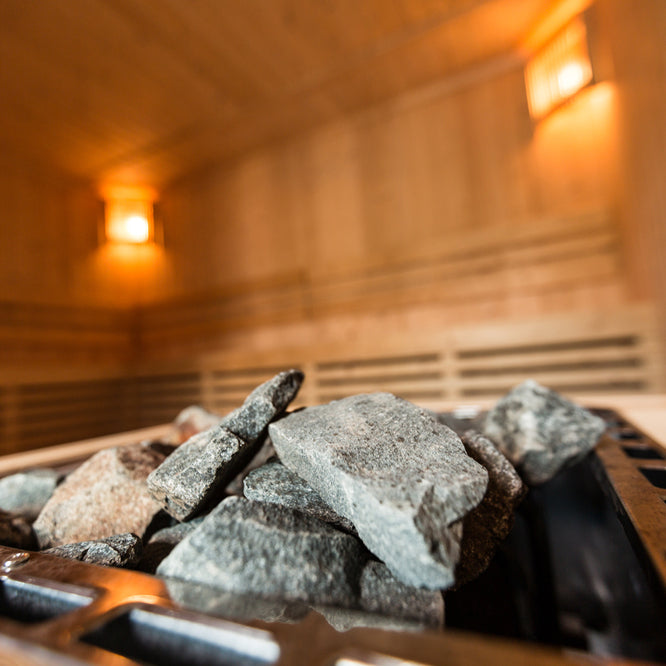Temperature control is a great way to boost your recovery routine, and using heat exposure could even improve your fitness.
Ice baths and cryotherapy chambers are perhaps more widely known for their post-exercise benefits, but saunas are becoming more popular too.
Scandinavian nations have been using heat exposure for generations, and they are some of the fittest people on Earth.
It’s surprising that sitting down in a hot wooden box can actually have an impact on your performance, but scientists have a very logical explanation.
Increased EPO Production
Researchers have found sauna bathing can increase the body’s production of EPO.
This happens because when you’re sweating it out in the sauna, your blood plasma levels decrease as the fluid leaves your body.
The natural response to this is for your kidneys to produce EPO, which stimulates the production of red blood cells.
EPO is most widely known for its use in doping scandals, particularly amongst professional cyclists, because it causes an increase in red blood cells.
Additional red blood cells mean you can supply more oxygen to working muscles when you exercise, so you’re able to perform at a higher level.
Stimulating natural EPO in a safe way is completely legal, and scientists have proven it can have performance benefits.
Better Recovery
In addition to the performance benefits, there are a number of recovery benefits to using a sauna too.
Your body responds to high temperatures by releasing heat shock proteins which boost your immune system and encourage muscle repair.
There’s also evidence that the production of growth hormone is increased, which helps the body get stronger and regenerate after training.
As well as these hormonal benefits, using a sauna will help you flush out toxins and relax your muscles. Better sleep is linked with sauna bathing, too, which we know is one of the biggest factors in the recovery process.
How Best To Use A Sauna After A Workout
When using a sauna after a workout, your body is more prone to dehydration because you’ve likely already been sweating.
With this in mind, it’s a good idea not to go over 20 minutes because excessive dehydration can lead to muscle soreness and fatigue.
You should also prioritise getting fluids on board before, during and after the sauna itself.
It’s important to listen to your body and not push it to its limit. If you feel like you’re struggling in the heat, or you experience dizziness, light-headedness or a headache, it’s a sign you could be dehydrating.
If this happens, take a break. While the sauna has its benefits, excessive dehydration will come back to haunt you the following day.


Share:
4 Ways To Keep Your Fitness While Injured
5 Benefits Of Taking BCAAs Post-Workout